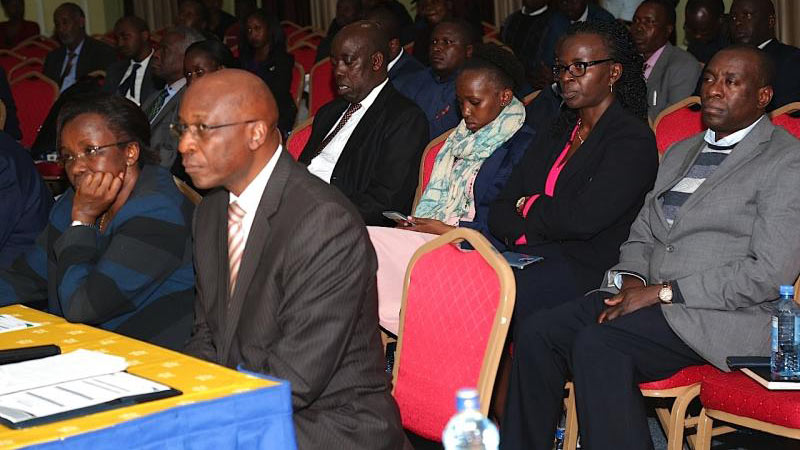×
The Standard e-Paper
Join Thousands Daily

Power consumers have expressed doubt on the State's promise that power prices will come down beginning August upon completion of the ongoing electricity tariff review.
The Energy Regulatory Commission (ERC) has undertaken a tariff review, in which it increased the consumption charge but also scrapped the monthly fixed fee.







